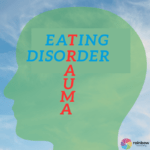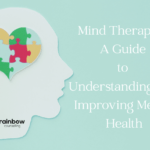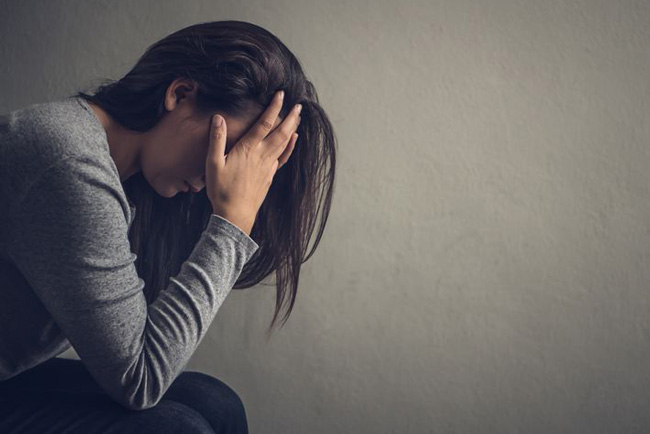
Mental Health Awareness: Post Traumatic Stress (PTS)
You may have experienced a traumatic event, or perhaps witnessed a loved one go through something traumatic and in following weeks experience signs of acute stress such as feeling numb, sleeplessness or difficulty thinking about or remembering what has happened. This is sometimes termed Post Traumatic Stress.
Where these symptoms continue past a month a doctor may diagnose you with Post Traumatic Stress Disorder or PTSD. PTSD can be mild, moderate or severe. In the past it was often associated with war veterans but many events can trigger it – sexual trauma, road accidents, natural disasters or childbirth to name a few.
PTS is often associated with symptoms such as hypervigilance, anxiety, anger, numbness, sleeplessness and blaming yourself in some way for what has happened. You will also often try to avoid triggers or reminders of the trauma. These may be any number of things associated with your 5 senses. You may feel as though you are re-living the event, or experience nightmares and flashbacks.
Many people misunderstand Post Traumatic Stress. It’s not something you can just ‘forget’ ‘move on from’ or ‘get over’ just like that. It can deeply affect your body and your mind. You may feel the world is not a safe place anymore and that it is difficult to trust others. Talking with a trained professional can help, and this doesn’t necessarily mean you have to talk about what happened or re-live it. You may wish to talk about how it impacts your relationships, your view of yourself or your body or learn about grounding techniques to help with flashbacks for instance. Please don’t hesitate to contact Rainbow for more information or support as recovery is most definitely possible!
Find out more about Trauma by visiting: MIND Charity’s website >



 Some commonly known eating disorders include anorexia nervousa and bulimia, but an eating problem can affect many more individuals more commonly than these medically diagnosed disorders. Eating problems may affect your relationship with others – you may wish to hide your eating habits and thoughts about food with them, you may feel judged or misunderstood by others. You may find a lot of your time is dominated by thoughts about food and controlling your diet.
Some commonly known eating disorders include anorexia nervousa and bulimia, but an eating problem can affect many more individuals more commonly than these medically diagnosed disorders. Eating problems may affect your relationship with others – you may wish to hide your eating habits and thoughts about food with them, you may feel judged or misunderstood by others. You may find a lot of your time is dominated by thoughts about food and controlling your diet.
 Anxiety can go hand in hand with Depression for many sufferers, although this is not always the case. Anxiety describes the feeling of being tense, worried or nervous and can be a result of stressful life events or a fear that something bad is going to happen. Panic attacks can sometimes affect those who suffer from anxiety.
Anxiety can go hand in hand with Depression for many sufferers, although this is not always the case. Anxiety describes the feeling of being tense, worried or nervous and can be a result of stressful life events or a fear that something bad is going to happen. Panic attacks can sometimes affect those who suffer from anxiety.
 Most of us have either suffered from depression or are likely to know a friend or family member who has, making it a very common concern.
Most of us have either suffered from depression or are likely to know a friend or family member who has, making it a very common concern.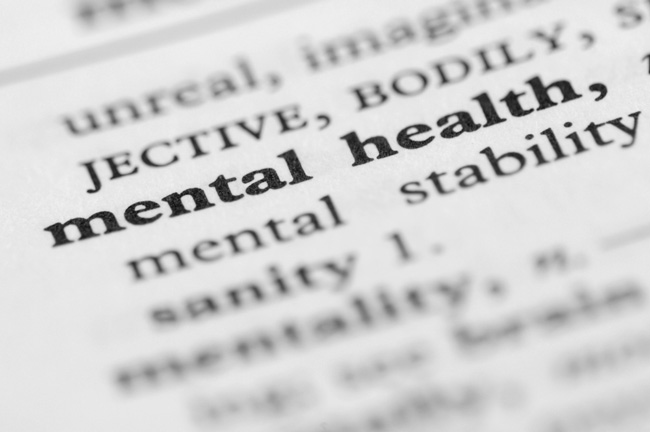
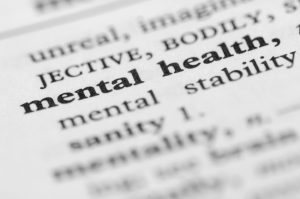 A helpful article by Mind helps to explain mental health problems in general and over the coming months our blog articles will take a look at some common mental health issues in more detail.
A helpful article by Mind helps to explain mental health problems in general and over the coming months our blog articles will take a look at some common mental health issues in more detail.
